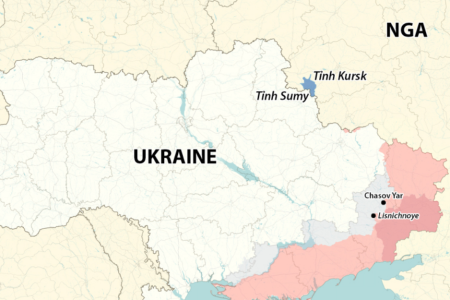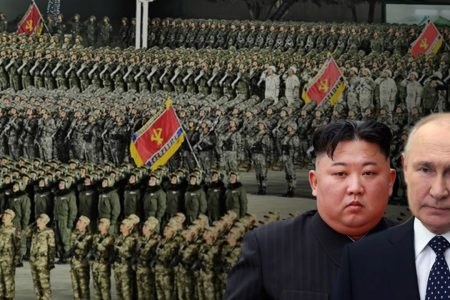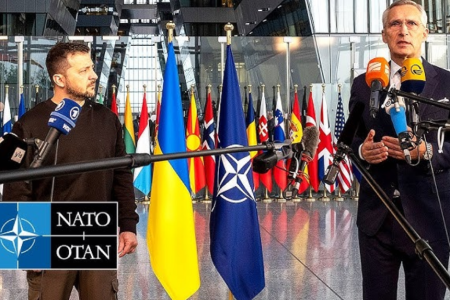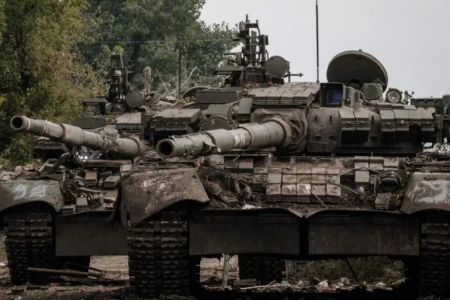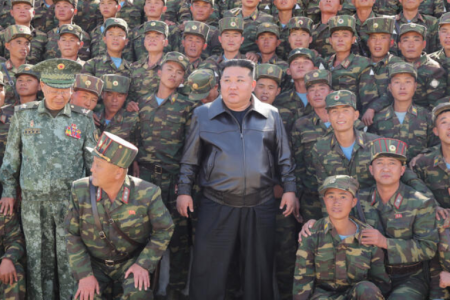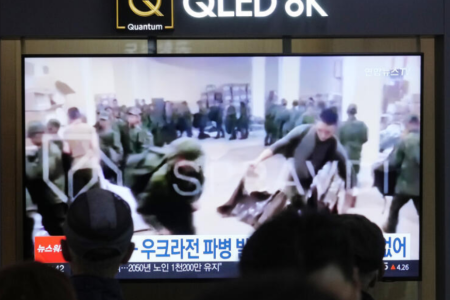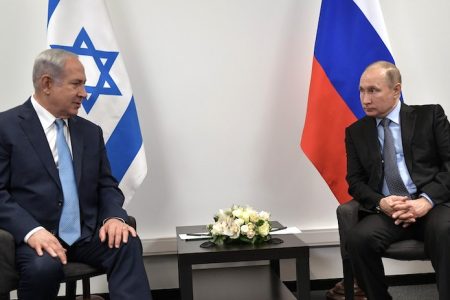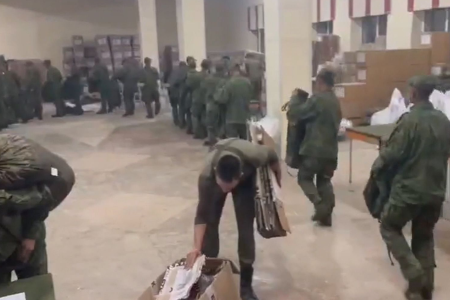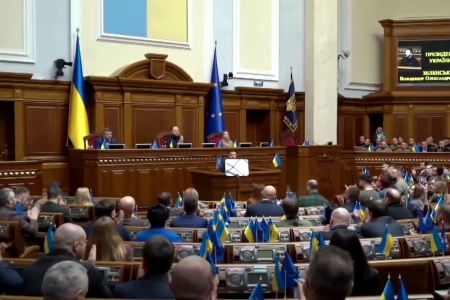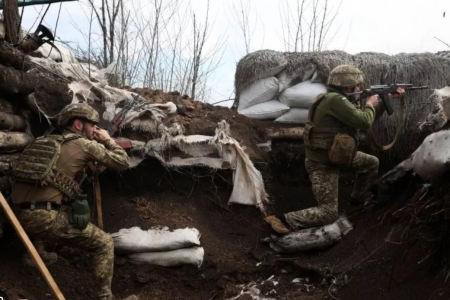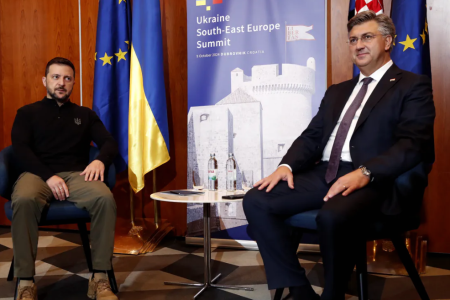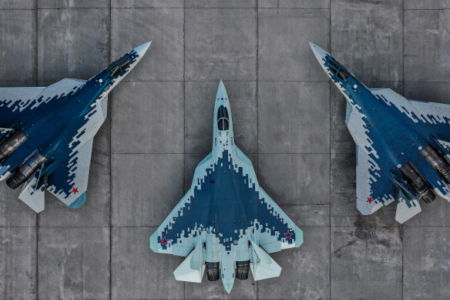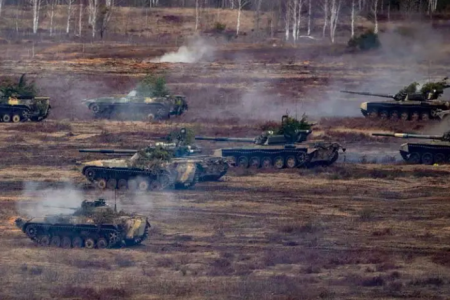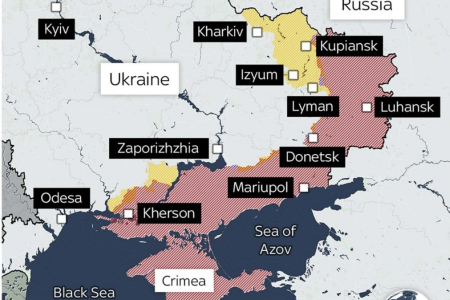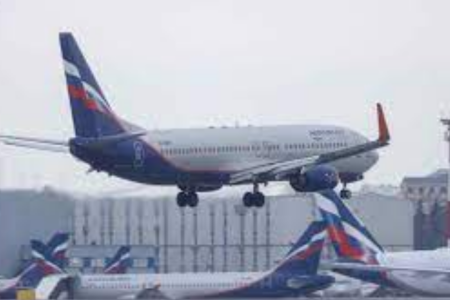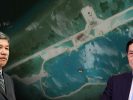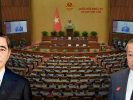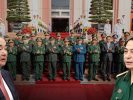
Vietnam’s Ministry of Defense has just confirmed to the Da Nang voters in a written reply on Feb 12 that of the army generals being disciplined, no one has been convicted of corruption. Is it true?
On Feb 13, the writer, retired army colonel Pham Dinh Trong, who had worked for many years in the military forces, commented: “In my opinion, they want to protect their reputation so they avoided to talk the true. The people know that those generals are corrupted regarding military land.”
Meanwhile, according to the Ministry of Defense, the violations of Vietnam’s military generals in recent years are mainly due to loose management, irresponsibility in organizing the implementation of State and the army regulations in the management and use of defense land. The Ministry of Defense also emphasized the mistakes of military generals in the 2005-2010 and 2010 to 2015 terms.
Captain Vo Minh Duc, who had served in the army for more than 10 years, said: “Regarding land management, I thought those men were up to the rank of general so they cannot say they know nothing about land. Actually, it was all about money … generally, bribing, leaving it to one person to get a project, the other to get a project, then get the national land for selling … Not only generals but also officers with lower ranks. All of them have luxury houses and cars or villas. Their houses are big while their salaries are not too high. It means that they purchased their properties not by their salaries but from corruption.”

According to Captain Vo Minh Duc, in addition to properties, senior officers have purchased houses in Western countries and sent their offsprings to study in universities in foreign countries. From where they take to pay for all of these high spendings if not corruption?
According to Lieutenant Colonel Vu Minh Tri, who worked at the Technical Department, General Department 2, Ministry of Defense, it is possible to see clearly whether the generals in the army are corrupt or not through the assets they have. He said:
“I used to be in the army, with the salary I was given, it was hard enough to live in a city, not to mention buying cars and luxury houses. But I see around me, not only generals but other officers with lower ranks, they are rich. I think that with such a position, nature of work, time, there is no other way to make money other than corruption.”
The highest-ranking person in the Vietnamese military who has been disciplined up to the present time is former Admiral Nguyen Van Hien, who once was Deputy Minister of Defense and Commander of the Naval Forces.
On Oct 22, 2019, the Criminal Investigation Agency of the Ministry of Defense in collaboration with the Central Military Procuracy implemented the decision to probe Admiral Hien for economic mismanagement and ban him from going out for lack of responsibilities which led to serious consequences under Clause 3, Article 360 of the Penal Code 2015.

Lieutenant Colonel Vũ Minh Trí continued:
“In the case of Admiral Nguyen Van Hien, I think he knew that his acts were illegal, however, he ignored the law because it was big money.”
Senior Lieutenant General Le Chiem, Deputy Minister of Defense, when answering the domestic press previously acknowledged, there are still some units in the army that are not interested in the fight against corruption, thinking that their units there is no corruption. When corruption is detected, it will be confusing.
Since the beginning of 2019, dozens of police and army generals have been disciplined because of violations in land management. Typically the case of Admiral Nguyen Van Hien.

In addition to land corruption, the procurement of equipment and weapons of the Ministry of Defense also raised many questions about the ‘kickback’ ‘commission’…
According to the Stockholm International Peace Research Institute, Vietnam is among the top 10 countries that buy the most military equipment in the world. Specifically, from 2014 to 2018, Vietnam’s imported weapons accounted for 2.9% of the total arms sales globally. In 2016 alone, Vietnam’s defense spending was $5 billion and is expected to increase to more than $6 billion by 2020.
Regarding this matter, Lieutenant Colonel Vu Minh Tri said his opinion:
“I don’t have very specific information but I heard a lot, but I can deduce from small things, such as buying office paper, public cars, or gifts… there is a situation of taking commission or reporting higher purchase prices. So I think buying weapons is very difficult to avoid embezzlement. Especially without the supervision of the authorities, with the reason of national security … ”
In 2017, the Shephard Media news site cited a U.S. defense source saying that Vietnamese defense officials informed the US delegation at a meeting in Hanoi that weapon deals must be “kicked off” 1/4 of the total value. After the Vietnamese side made the request, the meeting was “suddenly stopped.”
Commenting on asking for commission in the purchase of defense equipment, Mr. Pham Dinh Trong said: “That is almost natural in the business rules in Vietnam, needless to say, everyone knows that they take bribes. For example, buying American weapons, they require up to 25%, for example, so they cannot buy American weapons but have to buy from corrupt countries like Russia and India … because the US is strictly regulated, corruption is difficult.”
The official document of the US’s Department of Justice is somewhat about this allegations in Vietnam. This is related to Airbus selling C-295 military aircraft to Ghana, Indonesia and Vietnam.
In the Vietnam section, the report does not mention whether or not Airbus bribed Vietnamese officials. Instead, U.S. allegations that Airbus has used brokers to help promote the sale of C-295 military aircraft.
Regarding the acquisition, Airbus will pay “political contributions, fees, commissions to third parties.”
The US said that between 2009 and 2014, Airbus sought to sell military aircraft to Vietnam, with the result that three C-295 were sold.
The contract to sell three C-295s between Airbus and Vietnam’s Ministry of Defense was signed on Dec 17, 2013.
Vietnam’s Minister of Defense at this stage was General Phung Quang Thanh.

US investigators said Airbus, or its related person, promised to pay “political contributions, fees, commissions” at 6,150,226 Euro.
US records further describe that, an Organization 4 (Organization 4), is a Hong Kong company doing business in Vietnam. There are three consultants 6, 7, 8, all foreign nationals, who are the controlling partners of Organization 4.
Consultant 7 is described by the US as having a long-term personal relationship with Vietnamese government officials and aviation leaders.
Organization 4 started working for Airbus from around 2002.
On December 20, 2013, after selling C-295 to Vietnam, Airbus had an agreement to pay the Organization 4 successful fees, 6,150,226 Euro.
And finally, according to the US side, Airbus actually paid at least 2,935,541 Euro, according to the deal.
The army is a pillar force, with the function of defending the country, but in Vietnam, they plunge into economic and multi-sector businesses to make the most profit, and from there, corruption and theft are born.
Each year, billions of dollars of taxpayer money, used to support this force, as well as buying weapons to equip them became useless because of the lack of military professionalism and when a war broke out, millions of people will be in danger because of the wrong policies of the Communist Party of Vietnam.
Hai Yen from Ha Noi – Thoibao.de (Translated)
Source: RFA



